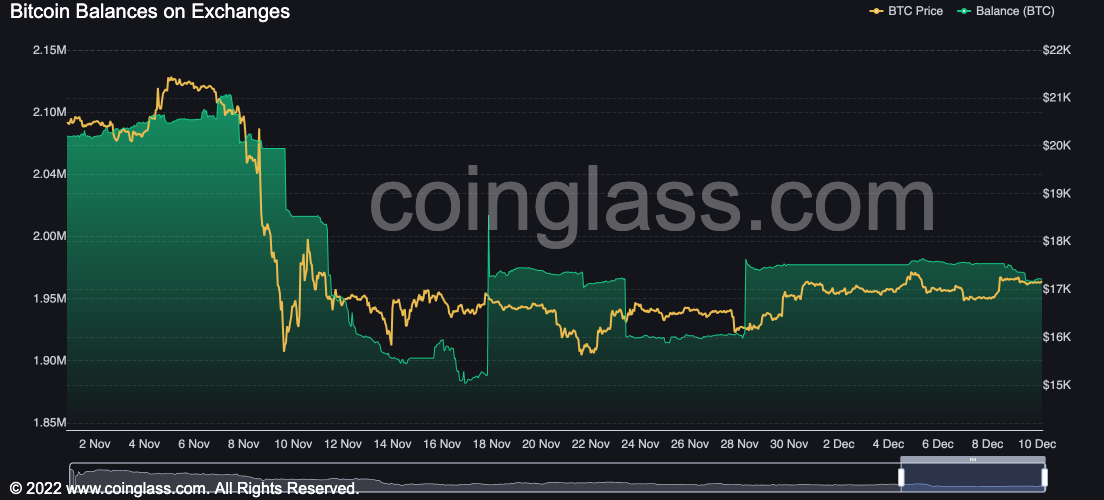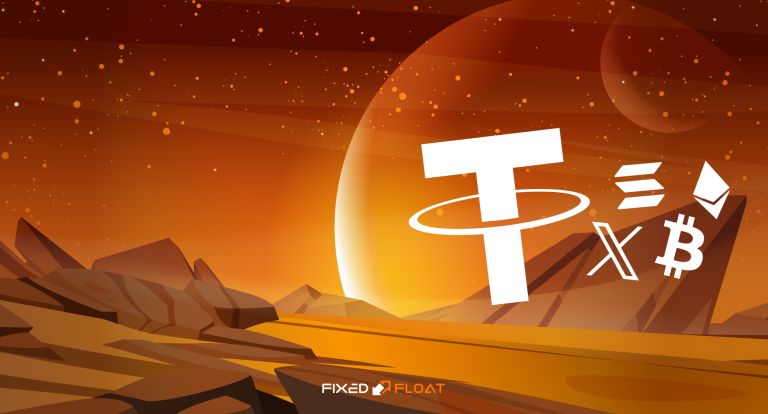This week has been relatively quiet for the crypto community. Binance continues to work with the auditor and publish reports of the results. While some countries are actively trying to implement cryptocurrencies, Japan is going to completely ban algorithmic stablecoins. These and other news in our weekly roundup of events in the crypto community.
Chainlink launched staking
The price of the LINK token fell by 5% in a day after the Chainlink decentralized oracle network team launched the LINK staking service on the Ethereum mainnet. On December 8, network members got the opportunity to stake 7000 LINK per address.
Chainlink has revealed that staked LINK tokens and rewards received will remain locked until the team releases Staking v0.2. Version 0.2 is expected to be released in 9-12 months. In addition, the press release states that the team will allocate 2.5M LINKs from the 25M LINKs delivered to node operators, and 22.5M will be distributed to community members on a first come, first served basis.
Binance BTC reserves '101% backed': audit firm Mazars
Auditing firm Mazars has confirmed that the Binance cryptocurrency exchange is “101% backed” with bitcoin reserves valued at approximately $9.7 billion at press time. The cryptocurrency exchange has confirmed that its users collectively own 575,742.4228 BTC and that it has enough BTC and wBTC to cover the funds.
Mazars independently obtained the face value of Binance clients' assets by testing various wallet addresses controlled by the exchange. The auditors demanded that the exchange transfer assets to and from the specified addresses in order to confirm ownership. In addition, the firm used its software to aggregate received customer data and calculate the Merkle root hash.
Japan plans to completely ban algorithmic stablecoins in the country
Japan is considering a proposal to completely ban algorithmic stablecoins in the country. Several ministers have already expressed their support for this initiative. One of the reasons for this ban was the collapse of Terra, which led to serious consequences for the crypto market.
An algorithmic stablecoin, unlike a regular stablecoin, has no physical backing and is decentralized. Binding to fiat currency is supported not by a specific issuer, but by a smart contract.
Coinbase calls for converting USDT to "safe" USDC
Coinbase, the world's second largest crypto exchange by trading volume, is now encouraging its users to switch from USDT Tether to USDC Circle with zero fees. Launched in 2018, USDC is run by Centre, a consortium created to improve the mainstream adoption of stablecoins. Coinbase, along with Boston-based financial services company Circle, is a founding member of the consortium.
Data from Coingecko shows that with a market capitalization of $42.8 billion, USDC is the second largest stablecoin in the industry after USDT, which is valued at $65.7 billion. According to Coinbase, USDC is “unique” in that it is 100% backed by cash and short-term US Treasuries held in US regulated financial institutions, meaning that the stablecoin can always be exchanged for US dollars at a 1:1 ratio.
More than 200,000 BTC have been withdrawn from exchanges in the last month
The bankruptcy of the FTX cryptocurrency exchange affected all participants in the crypto market. Exchanges are facing record withdrawal levels for BTC, ETH and stablecoins.

Ethereum Shanghai hard fork scheduled for March 2023
On December 8, 2022, Ethereum Core developers gathered for the 151st Developer Meeting, where a number of topics were discussed, including the next Ethereum hard fork. Although the long-awaited Proof-of-Stake Merge upgrade was completed on September 15, staked ether (stETH) is currently locked on the Ethereum Beacon network. Access to the funds will require a hard fork and possibly more than one. Ethereum Core developer Tim Beiko admitted that most people and developers wanted withdrawals to be fast. "Obviously, this is the highest priority for everyone," Beiko said. "People seem to generally want the target to be around March," Beiko added.
After the Shanghai update, stETH users will be able to withdraw their funds, along with any applicable staking rewards, to verify network transactions. The Ethereum Foundation said it structured the upgrades to “simplify and focus as much as possible on the successful transition to Proof-of-Stake.” Last December, Ethereum co-founder Vitalik Buterin shared that his ultimate goal was for the blockchain to act as a simple base layer and for users to be “completely comfortable storing their assets in a ZK [zero knowledge] rollup running on the full EVM [Ethereum Virtual Machine]." Buterin also warned that sharding and data availability sampling are "complex technologies" and will require years of testing and refinement to implement.
New hardware wallet Ledger Stax
The Ledger Stax hardware wallet is a device that stores the digital keys needed to encrypt and decrypt crypto assets offline, where they are considered the most secure. Users can also view and send their cryptocurrencies and non-fungible tokens (NFTs) through the device. This is great news as hardware wallets are among the most secure. The FixedFloat team compared the types of wallets and noted the advantages and disadvantages of each of them.

Layer developed the product in collaboration with the French company Ledger, which previously developed Nano hardware wallets. The original idea came from Fadell, who led iPod development at Apple and co-founded Nest Labs, now Google Nest.
The designer said that he had previously invested in Ethereum:
"Like any market, Ethereum has its ups and downs, but I think it has a promising future. It's great to be part of an emerging financial market and working with Ledger has only reinforced my belief in the potential of cryptocurrencies."
Crypto investors lose court case against Kim Kardashian, Floyd Mayweather and basketball player Paul Pierce
The lawsuit, filed in January, alleges that EthereumMax executives conspired with celebrity promoters to encourage investors to buy the EMax token by raising its price and allowing them to profitably sell their own tokens.
A federal judge in California on Wednesday dismissed a lawsuit against reality TV star Kim Kardashian, boxing legend Floyd Mayweather Jr. and others for their role in promoting cryptocurrency, saying it's unclear whether the investors who filed the lawsuit actually saw the promotions.










